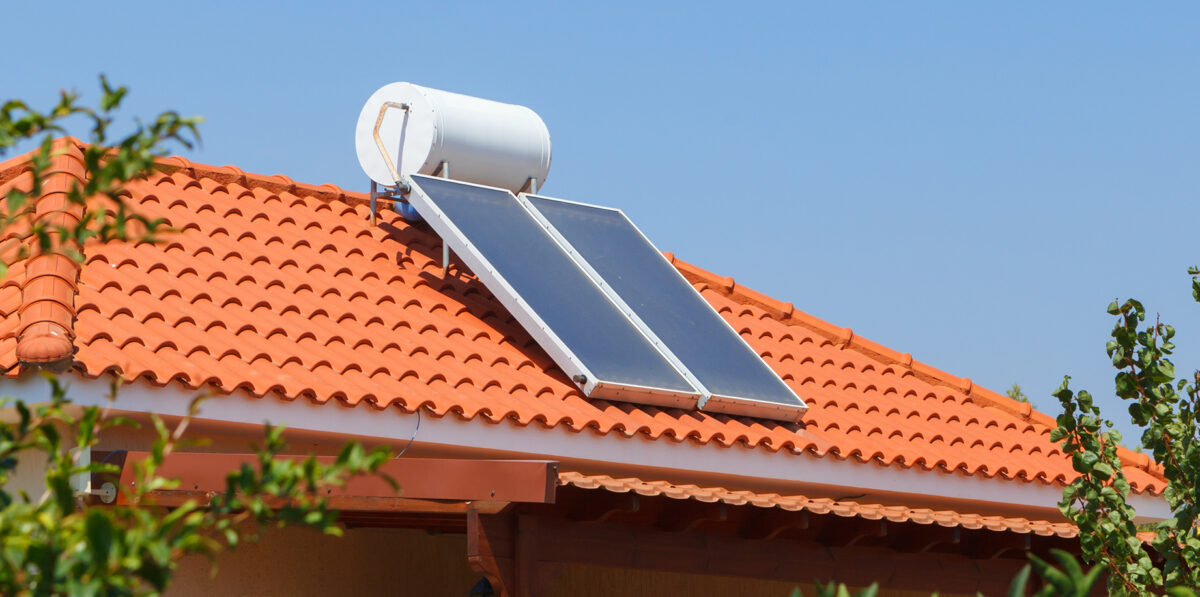Choosing the right water heating system is crucial for comfort, energy savings, and long-term value. In Malaysia, where energy prices are rising and environmental awareness is growing, many consumers are weighing the benefits of solar water heater like Onewave against traditional electric or gas models. Here’s a comprehensive comparison to help you make an informed choice.
1. Energy Source and Cost Efficiency
Traditional electric water heaters rely entirely on grid electricity, leading to high monthly bills. Gas heaters offer some cost relief but still depend on fossil fuels. Onewave solar water heaters, on the other hand, use free sunlight—significantly cutting electricity use and reducing utility costs by 30–50% depending on usage.
2. Environmental Impact
Onewave solar heaters drastically reduce a home’s carbon footprint. Traditional heaters, especially gas models, contribute to CO2 emissions and global warming. Solar energy is renewable, clean, and aligns with Malaysia’s Sustainable Development Goals.
3. Installation and Setup
Traditional water heaters are relatively easy to install and require minimal rooftop work. However, Onewave’s modern solar heaters are also designed for quick professional installation. While solar systems involve rooftop collector panels, the process is smooth and completed within hours by certified technicians.
4. Maintenance and Longevity
Gas and electric heaters may require frequent servicing due to scale buildup or burner issues. In contrast, Onewave systems are built with durable materials like stainless steel tanks and corrosion-resistant coatings, offering minimal maintenance over 15–20 years.
5. Hot Water Availability
Electric and gas heaters provide instant heating on demand but may fluctuate with power outages or gas shortages. Onewave systems store pre-heated water in insulated tanks, providing a steady hot water supply throughout the day—even during cloudy weather.
6. Upfront and Long-Term Costs
Traditional systems cost less initially, but recurring electricity or gas bills quickly add up. While Onewave’s upfront cost is higher, the return on investment is achieved within a few years through utility bill savings and government rebates.
7. Safety and Operation
Electric heaters pose electrical risks, while gas heaters can leak or emit harmful fumes. Onewave systems are safer, with no combustion or electrical heating elements. They include safety features like temperature valves and dry heating protection.
Conclusion: Which One Is Right for You?
For short-term affordability, traditional heaters may appeal to some users. But for long-term savings, environmental care, and energy independence, Onewave solar water heaters offer a far superior choice. As Malaysia continues its transition toward cleaner energy, Onewave is leading the way in reshaping how Malaysians heat water—efficiently and sustainably.
